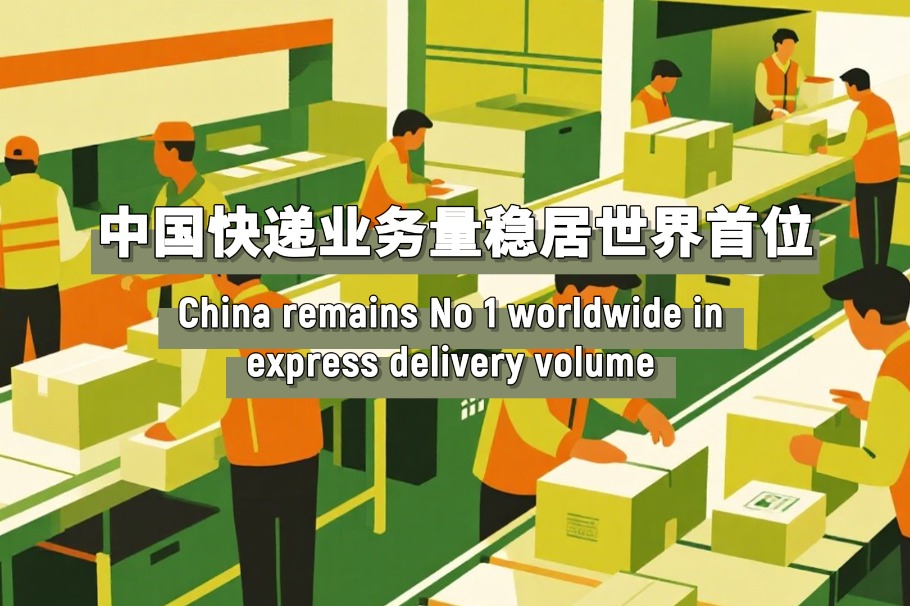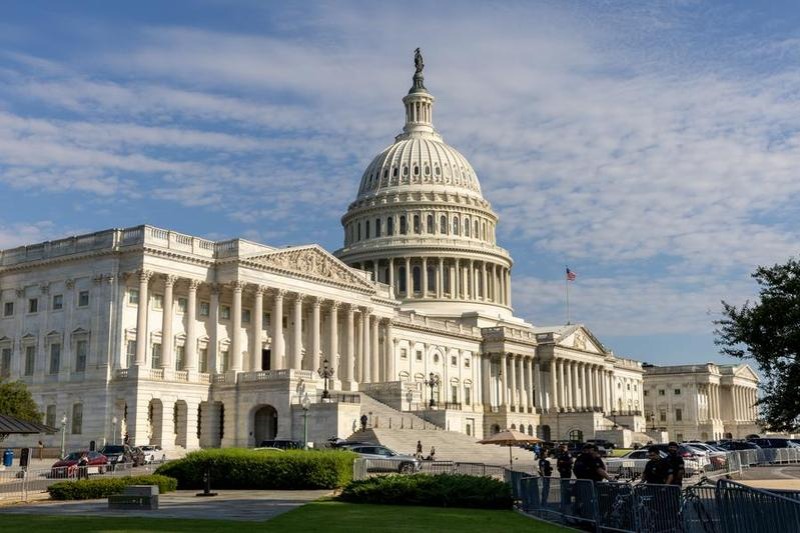Fiscal reform driven by public risk prevention


The Third Plenary Session of the 18th Central Committee of the Communist Party of China pointed out that public finance is the basis and important pillar of national governance. Public finance is not only an economic issue, but also a political issue, a legal issue and a public administration issue.
The impetus for reform is public risk. Over the past four decades we have experienced three major public risks. At the beginning of reform and opening-up, we faced the existential risk of poverty. At that time China's poverty incidence was as high as 90 percent, and the country's fiscal power was not strong enough.
Afterward we made the economic cake bigger, but the opportunities available in urban and rural areas and among various social income groups and different regions were unequal.
After China became the world's second-largest economy, its development has been closely connected with global development due to economic and financial globalization. In the era of it being part of the global village, global public risk is the major risk China faces now and in the future.
Only under the pressure of public risk can consensus be easily reached. As a crisis of survival was the main public risk during the early stage of reform and opening-up, the highly concentrated planed economy was broken through with the delegating of powers, with fiscal reform taking the lead in effectively activating China's economy.
After years of exploration, we finally realized that the only solution to fundamentally change the low efficiency of the planned economy was market-oriented reform. As we began the process of market-oriented reform, the core reform was not delegating power but decentralization.
Economic and administrative decentralization were essential to diversify those with interests and arouse enthusiasm for economic activities. It also meant the relationship between the government and market had to be reconstructed, as going from delegating power to decentralization was a huge leap.
After China became the world's second-largest economy at the beginning of this century, China's comprehensive national strength and financial strength improved greatly and a new public risk emerged. As the opportunity inequality among various social and economic subjects become more and more serious, how to define and manage people's rights and promote equality became the basic tasks of governance.
To deal with the huge public risk of unequal opportunity, the taxation system was unified to ensure fair competition for all market players, and as the main body of the market, laborers were to be equally treated no matter the ownership of an enterprise. The equalization of basic public services has been advanced since the beginning of this century, with the dual urban-rural public finance structure gradually integrated into one system in the process of market-oriented reform.
Moreover, simple economic finance has been expanded to finance of people's well-being. China has more than 200 million migrant workers. To guarantee these people's rights, a geographically static model is being changed to a dynamic demographic model in which public services follow people, rather than being restricted to their registered places of residence.
But with the deepening of reform and social transformation, the execution of public power has become an increasingly significant public risk. To curb fiduciary risk requires public finance to be governed by the law.
The logic behind four decades of reform has been limiting public risk. And the reform has been in three stages: delegating power, decentralization and managing administrative power. Fiscal reform pioneered reform of the planned economy, market-oriented reform and national governance reform. It has thus led China's reform and opening-up and provided it with crucial support.
Now China faces the common public risks that the global village faces. Therefore, China's fiscal system should play the role of great power finance, actively build a great power financial framework and seek to enhance the country's global influence. China should promote global risk management through global distribution of its financial resources and promote the building of a community of shared future for all mankind.
China as a major country should also aim to take part in global governance and prevent global public risks, which is the theme of reform in the new era.
The author is head of the Chinese Academy of Fiscal Sciences.


































